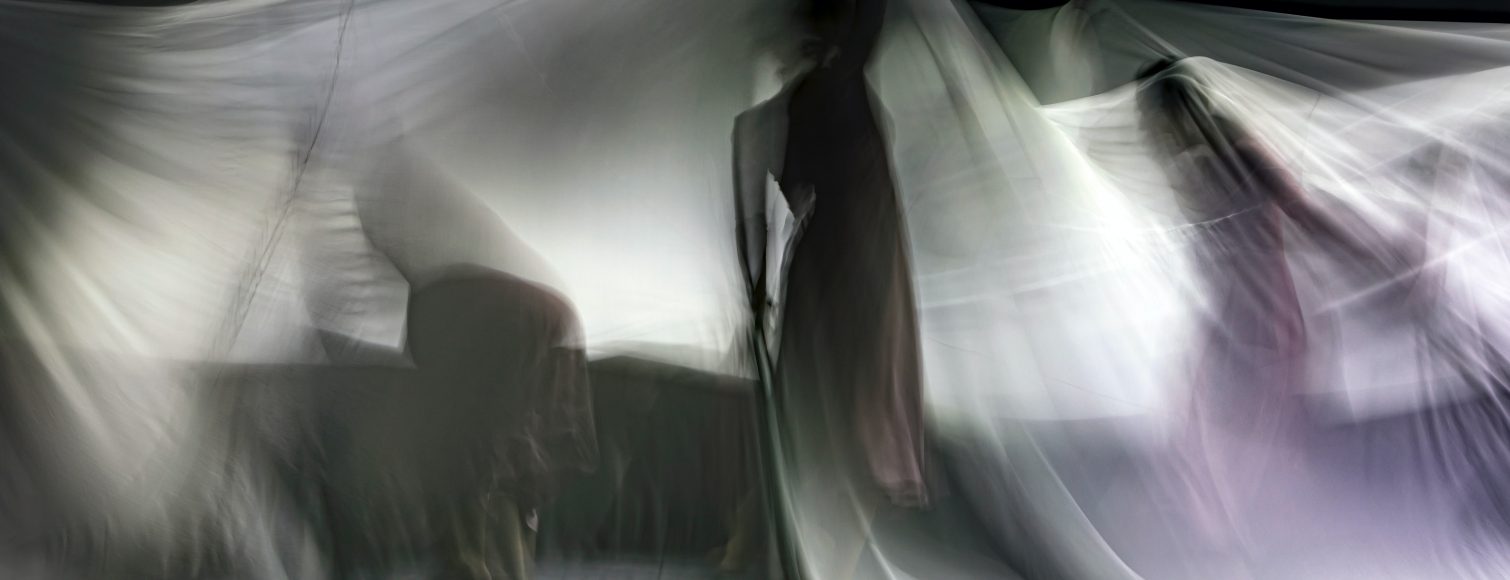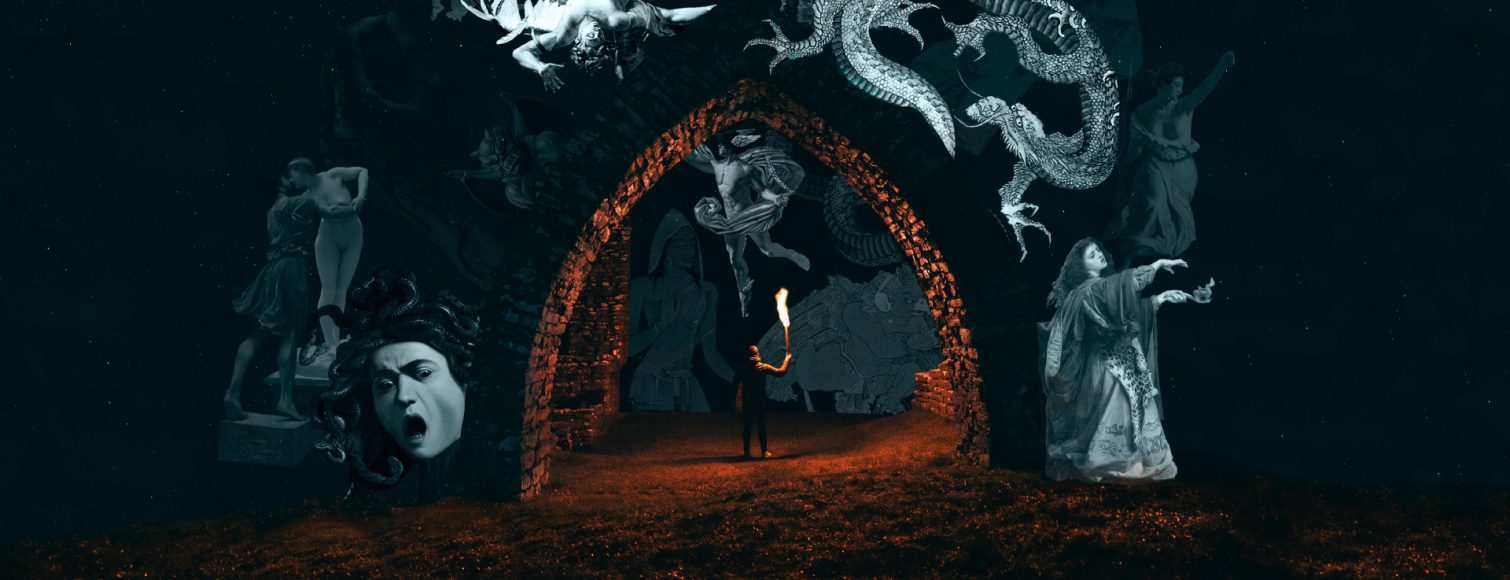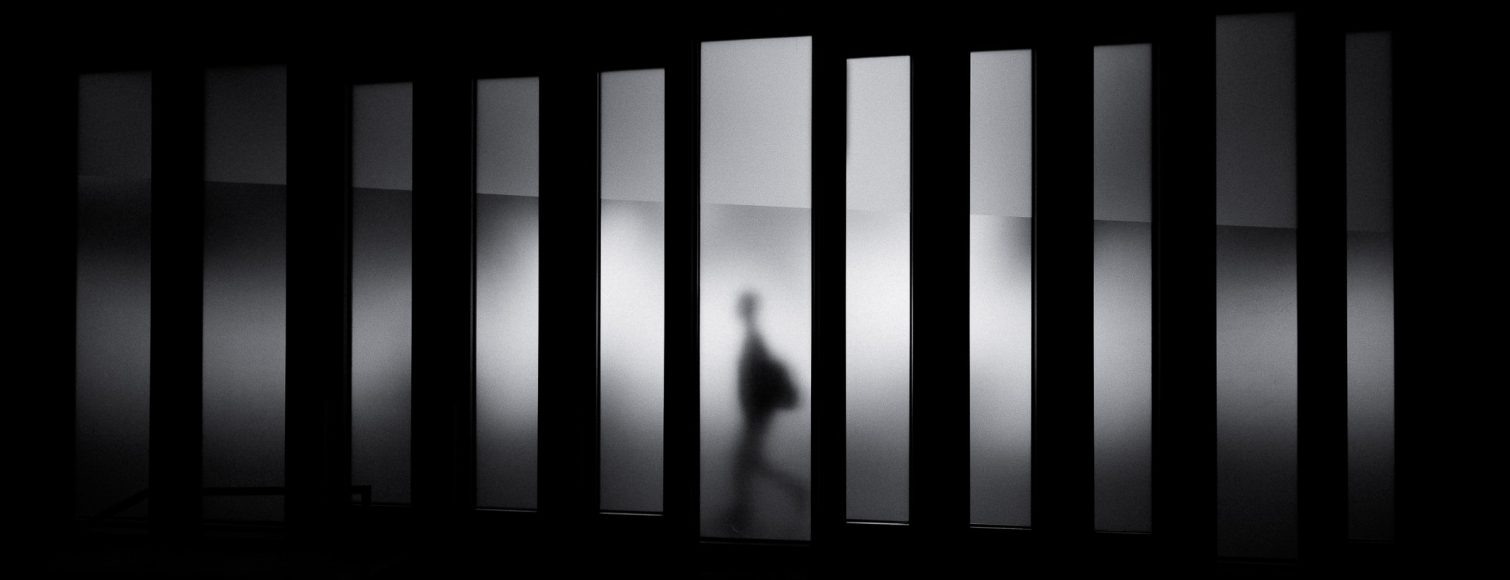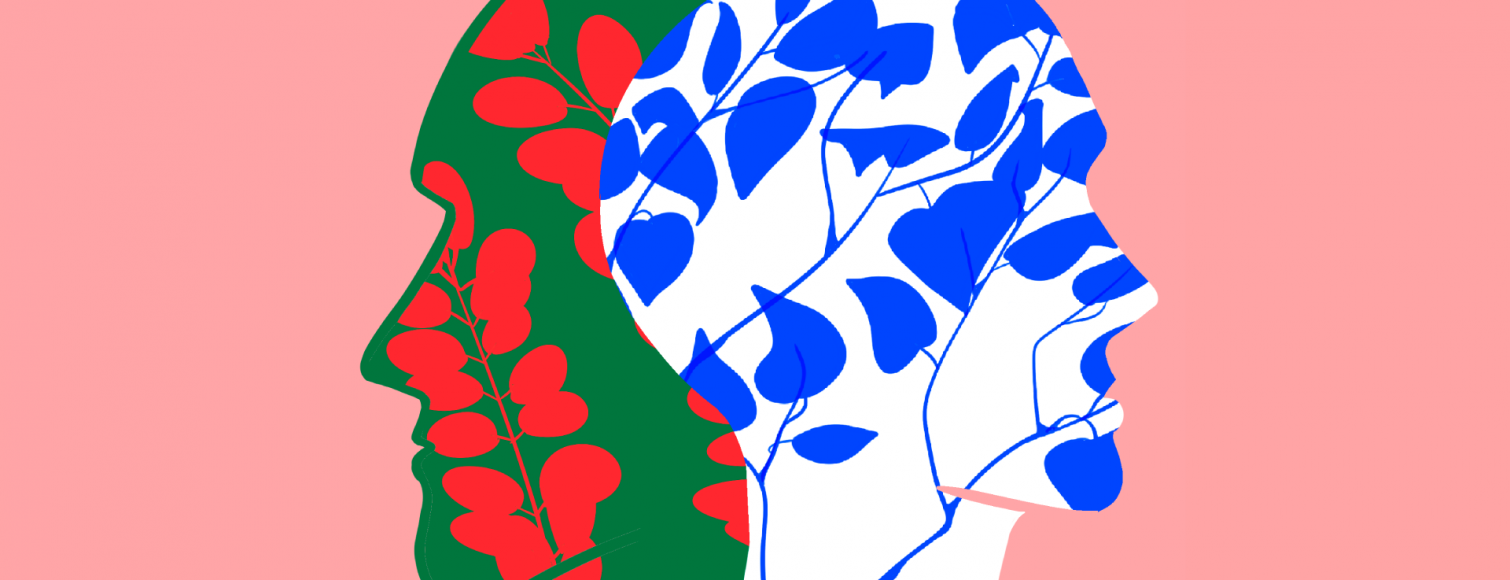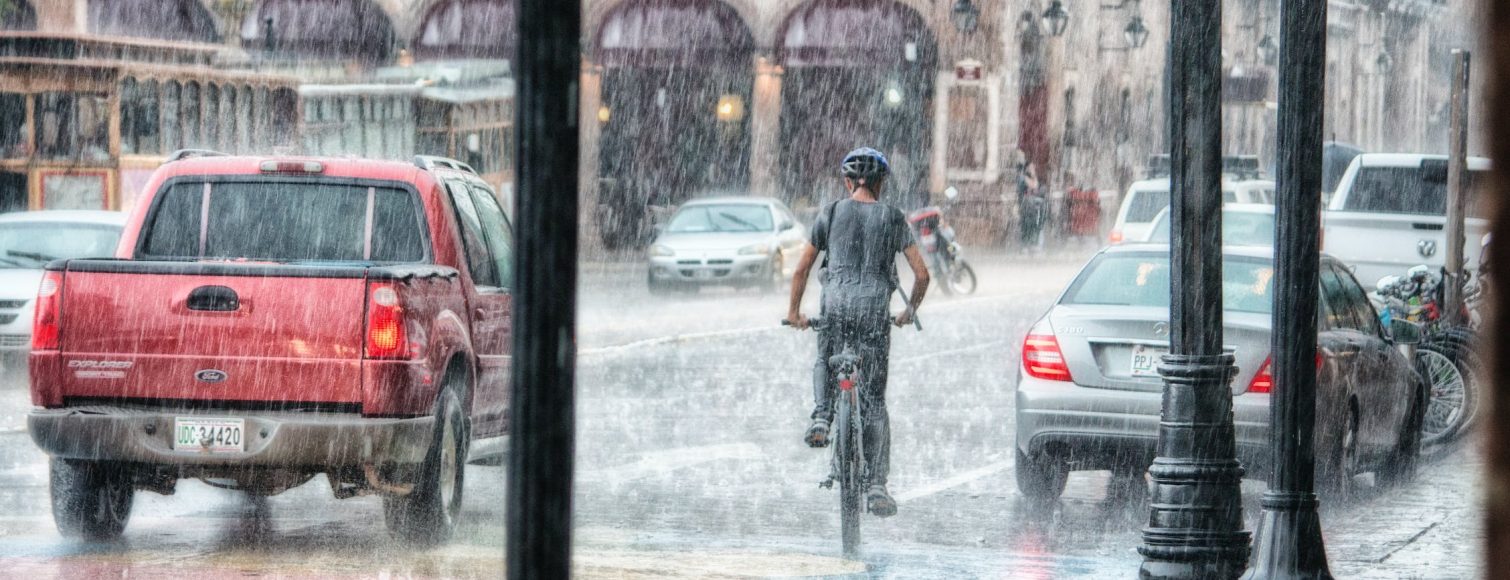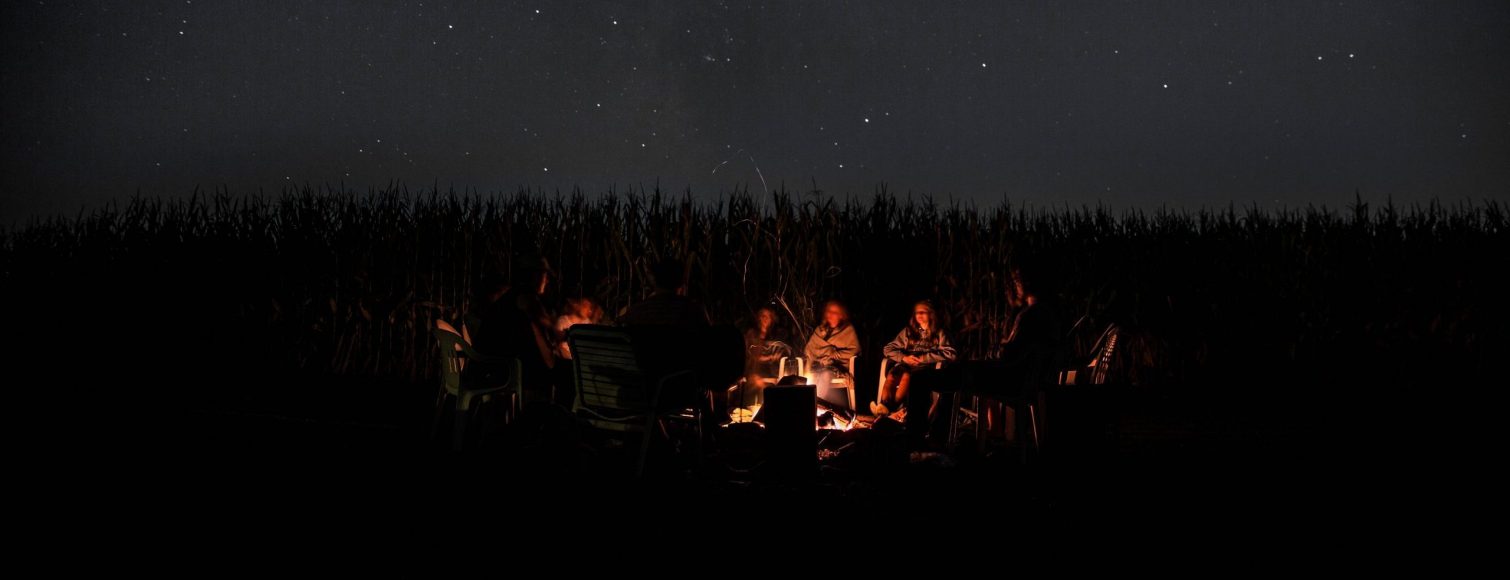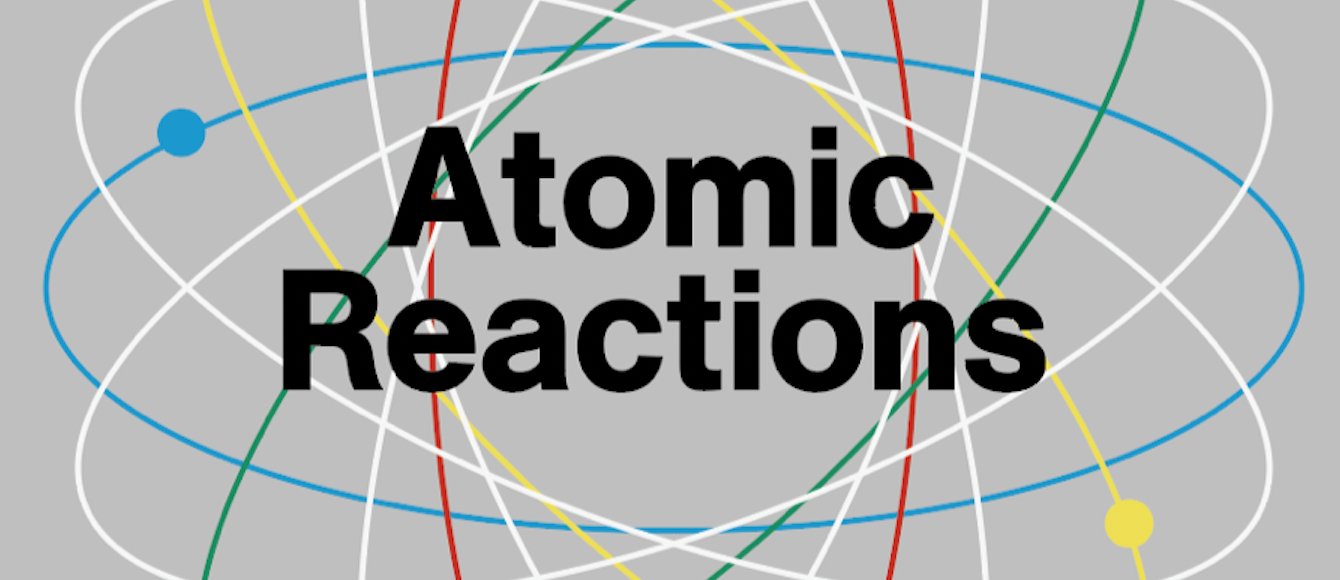“Sorry to hear the non-binary community doesn’t approve of this evening.” “Oh I function as a representative of the non-binary community now? Why can’t I just be here as myself?” The audience was tense and quiet as they witnessed this scene. It was part of a theatre play on the boundaries of free speech, which we took to Delft on the 6th of March. Six actors staged a fictional talkshow that went completely off the rails in every possible way. The lines above, approaching the end of the play, were its climax. And the audience felt it.
What started as a funny parody on controversy, artistic freedom and thrill-seeking talkshows, suddenly came painfully close to today’s reality of emotionally loaded, harsh climate in public debate. Something in that fiction was familiar to us in an uncanny, goose-bumpy way. It was no longer possible to just sit back, relax and enjoy the show. The play was telling us something, but what exactly? I keep wondering: how could something that was obviously staged and rehearsed attract such a strong response, both rationally and emotionally?
Of course it helps that the play dealt with content that has its lookalikes in the non-fictional world. We all recognised the ‘freedom-of-speech fundamentalist’, the flamboyant talkshow host and the comedian who balances on the edge of what can and cannot be said. The same works for other theatrical and fictional works. We might not have an Othello, Frodo or Dorothy in the world of 2023. But for sure we can point out bits and pieces of their way of doing in our daily realities, and thereby relate to them.
Because of this link between the stage and our lives, theatre makes a helpful lens to observe complex issues. It can be a relief to engage with sensitive topics through fiction. A bit of distance from the heat of the topic. A bit of space to explore what’s at stake. Reflecting on society and human behaviour has been one of theatre’s functions since forever. Yet that doesn’t make the theatrical experience a calm ocean of reasonable reflection. Perhaps you feel empathy for the tyrant who seduces the wife of the man he just murdered (Shakespeare’s Richard III). What does that say about your norms and values in daily life? Is that question even relevant? Theatre involves distance and abstraction, but distorts and confuses all the more.
Philosophers have been using their brains since ancient times to grasp what theatre does to us. There’s for example Aristotle’s classic idea of catharsis. He says we really feel through everything that happens on stage. But eventually we are purified from all those emotions and can happily go back home. Rousseau opposes that and says that theatre affects us, also after the curtain has fallen. Theatre incites the passions, but only those we already had; theatre won’t make us different, let alone better people. More recent philosophers see the engagement of an audience with a play as a form of play itself. As games of make-believe as we remember them from hour childhood: kids can spend hours sincerely feeling they’re cowboys, that chairs are horses, and dad’s a truly terrifying dinosaur. We grown-ups would do something similar when we feel devastated by for example an on-stage murder; the audience is just part of a game.
What to do with what theatre does to us? Philosophy hasn’t settled the issue yet. So there we still are. In the dark, while the houselights were switched on moments ago. Confused by empathy for the villain, anger at the hero. By agreement to arguments you never agreed to before, because the character for example showed such lovely care for its mother. It’s never clear what you’ll be taking home when the curtain has fallen. Because, as theatre director Eline Arbo put it, spot on, in an interview: “In theatre you can make firm ideological statements, without giving any answers.”
A play may thus strike us in an uncanny way. For it is unclear what the relation is between what happens on stage and what happens outside of that. Theatre and life are mixed and messed up with each other. For whether it’s on- or offstage; we all play different roles in different situations. Theatre is alive and life is theatre. But we shouldn’t forget: parts are always played by three-dimensional, breathing human beings.
Nienke Floor – programme maker

